Mideast food market touches Dh114b
- Gulf News
- 17 February 2009
With land prices falling, now is a good time for the UAE to acquire farmland in other countries, in order to strengthen food security, a senior official says.
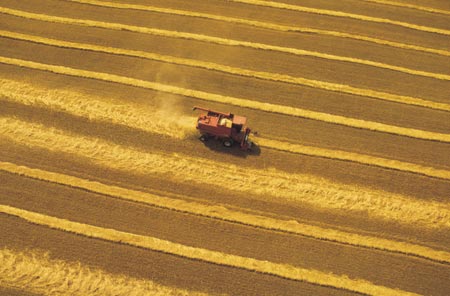
With land prices falling, now is a good time for the UAE to acquire farmland in other countries, in order to strengthen food security, a senior official says.
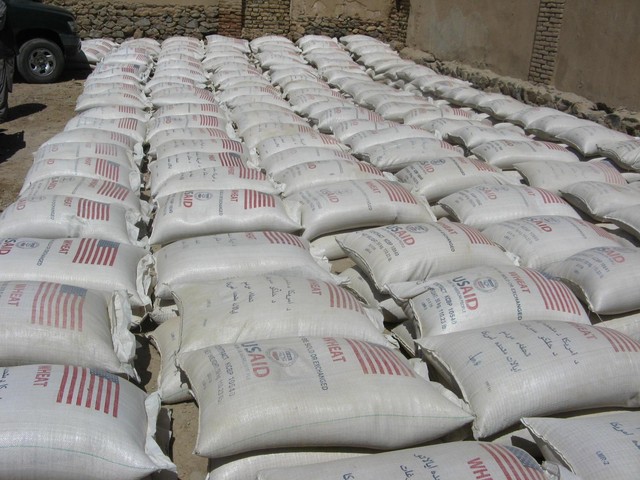
Saudi Arabia and the UAE are worldwide leaders in buying farmland in third-party countries, followed by China and Japan, says the World Bank.
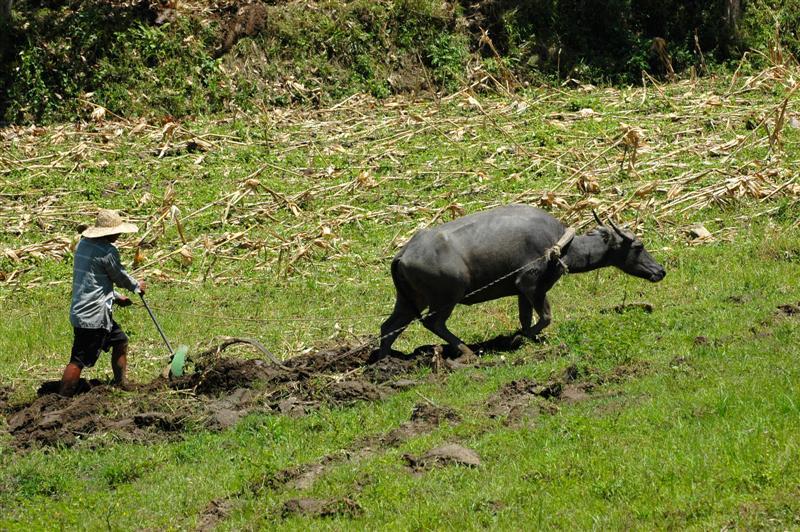
Local farmers have protested against the government’s initiative to invite foreign investors in corporate farming, thus allowing them to take 100 per cent of the yield.

Federal Government is seriously considering to raise 0.1 million police personnel in each province for increasing the security for the investors, Federal Minister of Investment, Senator Waqar Ahmad Khan said at a dinner hosted in honour of ambassadors of Western countries.

For the practical realisation of the goal of food sovereignty that has been eluding our nation since the time of independence, the importance of genuine agrarian reform and peasants’ rights cannot be underestimated.
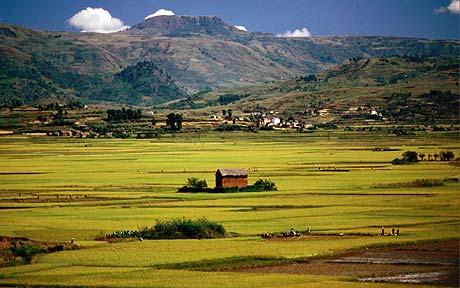
Senator Waqar said that a new investment policy for the next 10 years is on cards which would be prepared with the consultation of private sector.
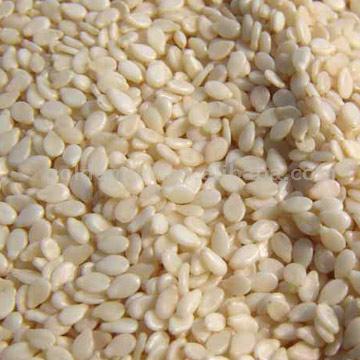
As investment-starved Pakistan puts its 1.1 million acres of agriculture land on the auction block next year, farmers wonder what it would mean for food security and social fabric of the country.
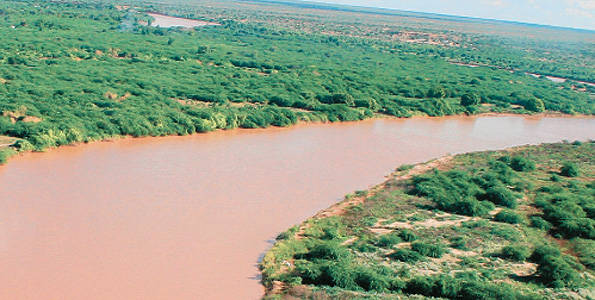
The Pakistan government is all set to provide legal cover through parliament to protect foreign investors and their investment in all sectors particularly agriculture. “We are in talks with investors from Gulf states, particularly Saudi Arabia, for investment in corporate farming. Investors will be ensured repatriation of 100 per cent crop yield to their countries even in case Pakistan faces food deficit,” Federal Investment Minister Waqar Ahmad Khan said.
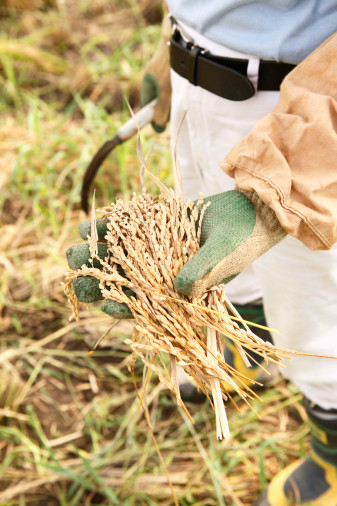
The Pakistani government has finalised plans to offer ownership of agricultural lands to investors for farming to achieve self-sufficiency in agriculture produce, Federal Minister for Investment, Senator Waqar Ahmad Khan told Daily Times. “We are extremely enthusiastic in providing areas for farming with great incentives,” he added.
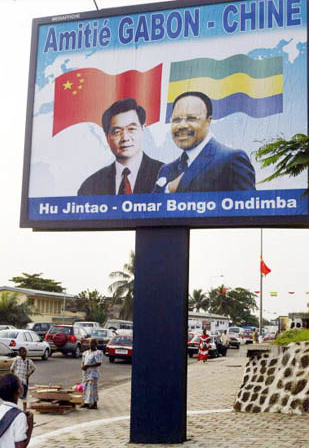
The initial welcome given to rich countries’ investment in African farmland by agricultural and development officials has faded as the first ventures prove to be heavily weighted in favour of the investors. The FAO warned of such a trend when it said this year that the race to secure farmland overseas risked creating a “neo-colonial” system.

Gulf nations now are quietly scouring the globe for rich farmland to rent or buy outright.
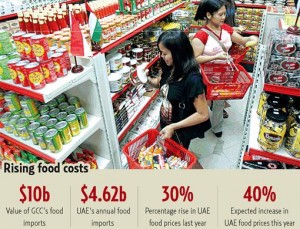
As the Gulf's agricultural production rates slow and food prices around the world continue to rise, GCC members are investing heavily in the fertile lands of Africa and Asia.

|
CAR offers land ownership using cryptocurrency
|